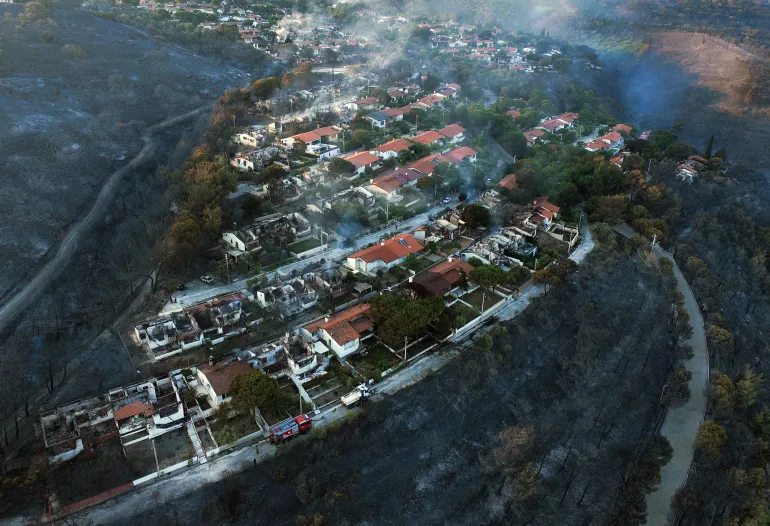EU Aims to Ban Russian Gas Imports by 2027, Eyes US as Key Supplier

The European Union is preparing to propose a comprehensive plan to ban all Russian gas imports by the end of 2027, aiming to stop reliance on Russia, its largest energy provider, Bloomberg reports.
The move comes after a delay in the release of the EU’s “road map,” initially intended to assess the impact of US efforts to end the war in Ukraine. While Russian gas flows to Europe have significantly decreased since 2022, Russia remains a substantial supplier through pipelines via Turkey and shipments of liquefied natural gas (LNG).
The EU plans to propose a ban on all new gas purchase deals with Russia and existing spot contracts, which account for approximately a third of imports, effective before the end of this year, sources familiar with the matter have indicated.
The European Commission, the EU’s executive branch, is also expected to adopt measures next month to end remaining imports of Russian pipeline and LNG gas tied to long-term contracts. However, these measures will require a longer transition period, extending until the end of 2027.
US LNG to Fill the Gap
The EU’s ambition to eliminate Russian gas dependence is expected to pave the way for increased LNG supplies from the United States, a prospect repeatedly advocated for by President Donald Trump. While costs and security of supply remain paramount concerns following the recent energy crisis, the EU anticipates a limited impact on prices due to a surge in new LNG supply expected to hit the global market in the coming years.
The stakes are high, with the EU purchasing €23 billion ($26 billion) worth of Russian energy in 2024 alone – exceeding its military assistance to Ukraine during the same period. Despite reduced volumes, Russian imports still accounted for 19% of the 27-nation bloc’s total gas purchases last year, driven by a surge in LNG shipments after Gazprom PJSC curtailed pipeline flows.
The Commission’s timeline relies heavily on the EU’s ability to secure alternative LNG supplies from various sources, including the US, Qatar, Canada, and Africa. Discussions regarding increased purchases from the US are reportedly ongoing as part of trade talks with the Trump administration.
Navigating Contractual Challenges
The Commission also plans to enhance transparency regarding the origin of EU gas supplies, potentially requiring companies to share key details about volumes and contract durations with national authorities and the Commission.
A major challenge lies in enabling companies to exit existing long-term “take-or-pay” contracts with Russian suppliers. Options being considered include sanctions, which would allow European buyers to declare force majeure and terminate their obligations. However, this approach faces opposition from Hungary and Slovakia, which continue to import Russian gas via pipeline and whose unanimous support is required for such measures.
Trade-related measures, such as tariffs and quotas, could be adopted by a qualified majority. However, concerns remain about their effectiveness in enabling companies to exit contracts and their potential impact on gas prices.








